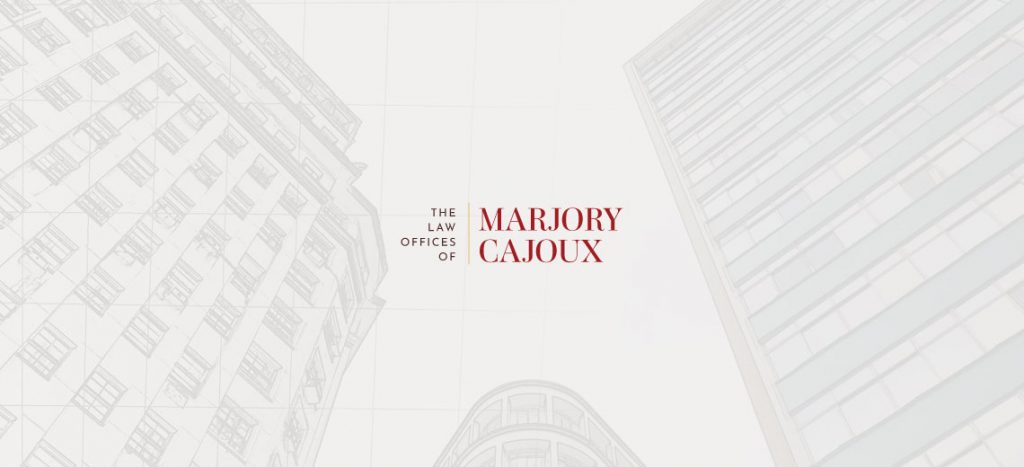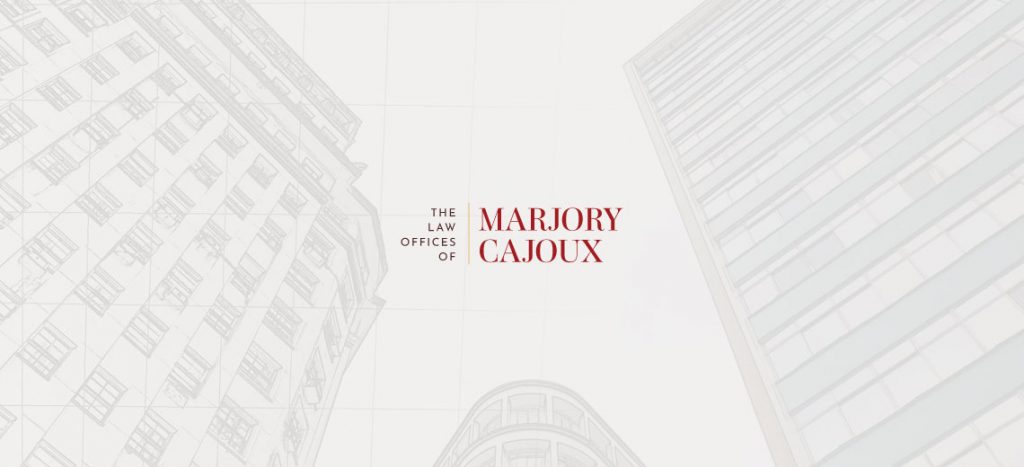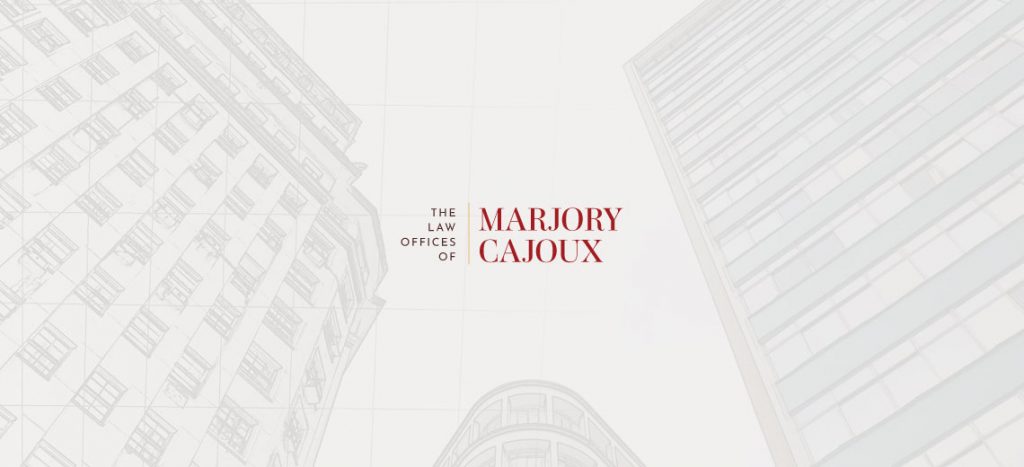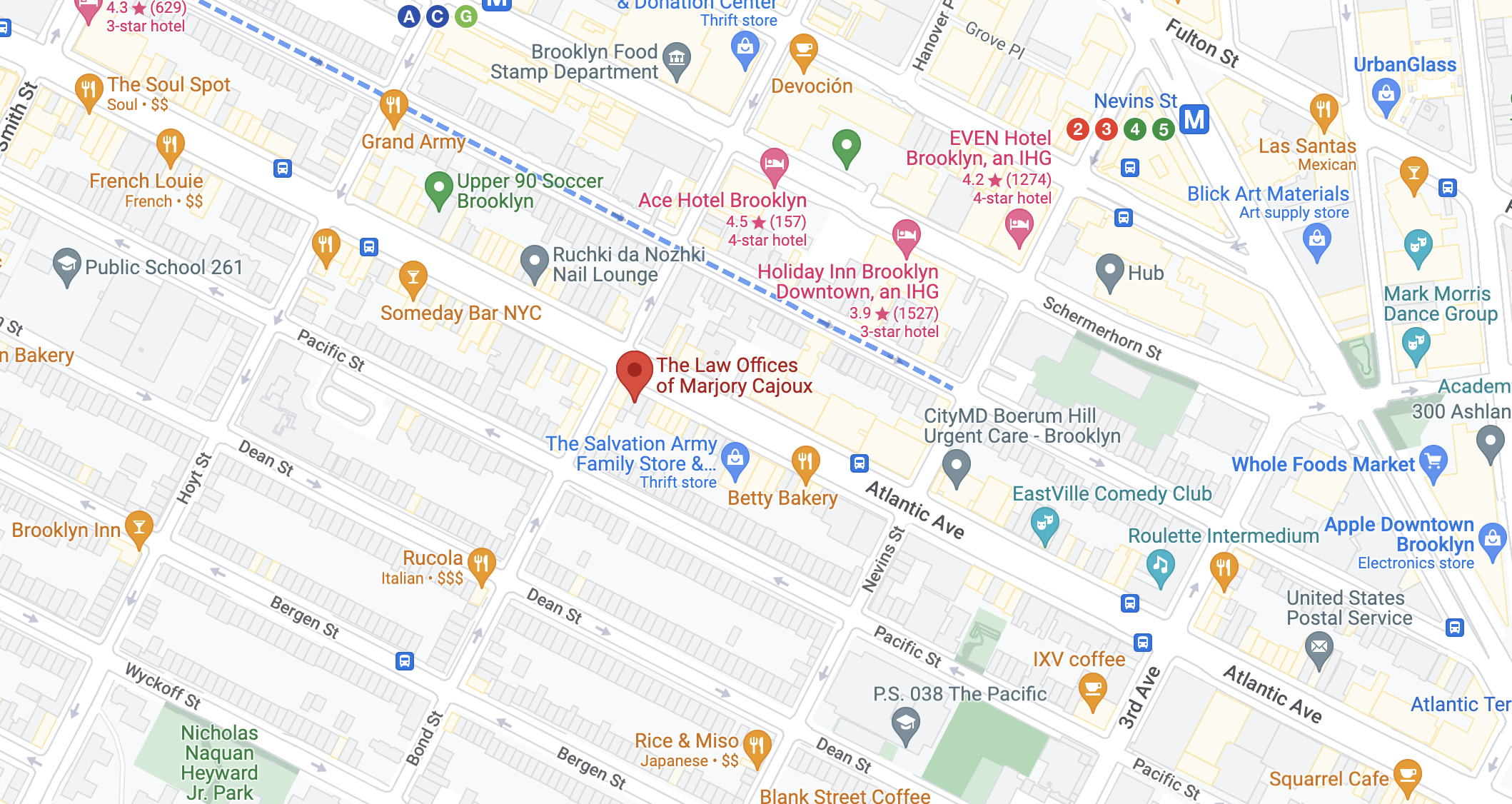When seeking a green card to the United States as a foreign national, two options are available: family-based and employer-based visas. If you don’t have a U.S. citizenship or Legal Permanent Resident immediate family member, migrating under the family-based option may be impossible or come with a long wait.
Employment-based options fall into two categories: employer-sponsored and non-employer-sponsored or self-petitions. An immigration law firm in New York can guide you on what each option entails and which best applies to your situation.
What Are the Employment-Based Options for Visa Applicants in New York?
Employment-based options are more popular than family-based ones. They include Labor Certification, applicable for all jobs, and Outstanding Researcher/Professor (EB-1B). That’s applicable for permanent faculty or tenure track.
An applicant can self-petition on the National Interest Waiver (EB-2) or Extraordinary Ability (EB-1) under the other Employment-based option. Many employers limit who and when they will sponsor for permanent residency. Some only provide sponsorship for specific positions or employees who will hold a particular job for a specific period.
At the same time, an employer may specify a “waiting period” in which an employee isn’t eligible for sponsorship until they’ve been with a company for a certain period on a temporary visa. Temporary positions like postdocs, visiting faculty, or medical residents may not be appropriate for employer-sponsored cases. Consult an EB-1 visa attorney in New York to learn more.
Do I Qualify for the EB-1 Visa?
The EB-1 visa category applies to the following categories of applicants:
Persons with Extraordinary Ability
Those who demonstrate extraordinary arts, education, athletics, or business abilities can apply for the EB-1 visa. They must provide extensive documentation of sustained national or international acclaim and recognition in their fields. Applicants don’t need specific job offers as long as their aim of entry into the U.S. is to continue in the areas where they have extraordinary abilities.
Outstanding Professors and Researchers
They must have at least three years of teaching or research experience and be internationally recognized. Their intention for coming to the U.S. must be to pursue tenure, tenure track teaching, and comparable research position at an institution of higher learning.
Multinational Managers or Executives
They must have been employed for at least one of the three preceding years by a U.S. employer or an overseas affiliate, subsidiary, parent, or branch of the company. If the applicant’s employer is outside the US, they must be in a managerial or executive capacity, and the applicant must be coming in that capacity.
Do I Qualify for the EB-2 Visa?
The EB-2 is the second Employer-based option for applicants with a labor certification approved by the Department of Labor. The applicant must have a job offer from an employer in the US. The employer must file an Immigration Petition for Alien Worker, Form 1-140, on behalf of the applicant.
The two subgroups of employees that can apply for this visa are:
Professionals with an Advanced Degree
An advanced degree, in this case, refers to one beyond a baccalaureate degree. Alternatively, the applicant could be a baccalaureate degree holder with at least five years of progressive professional experience.
Persons with Exceptional Ability
Applicants in this category must demonstrate exceptional arts, science, or business ability. Remarkable ability refers to having a degree of expertise significantly above what is considered ordinary in the mentioned fields.
What Are the Next Steps After the Approval of My Petition?
After the U.S. Citizenship and Immigration Services approves your petition, it will send it to the National Visa Center(NVS). The NVC will assign it a petition case number. If your priority date meets the recent qualifying date, the NVC will instruct you to fill out Form DS-261, Choice of Address, and Agent.
However, if you have an immigration law firm in New York working on your behalf, you don’t have to fill out Form DS-261. The NVC will start pre-processing your case and provide you with instructions to submit the relevant fees.
Once you do, the next thing is to submit the necessary visa and civil documents. Your EB-1 visa attorney in New York can guide you on how visa case processing happens at the National Visa Center.
Can My Family Also Receive Applicant Visas?
Depending on your approved petition, your family may also apply for immigrant visas with you. However, your children must be younger than 21 years and unmarried. They’ll apply for visas as derivative applicants.
The eligibility criteria for adjustment of status as derivative applicants are:
- The applicants must adequately file your Form 1-485
- The applicants are currently the principal applicant’s child or spouse
- They must have been inspected and admitted or paroled into the U.S.
- They must be physically present in the U.S. by the time they fill out Form 1-485
- Upon filing Form 1-485 and when the USCIS decides on the application, an immigrant visa is immediately available to the applicants
- None of the applicable bars to status adjustment should apply to the applicants
- They must be admissible to the U.S. for lawful permanent residence or eligible for a waiver of inadmissibility or other forms of relief
- They merit the favorable exercise of USCIS’ discretion.
How Long Does It Take to Process Employment-Based Visas?
Employer-based immigrant visas can take additional time to process because they’re numerically limited. That means the visa center issues them in the chronological order applicants filed until the center reaches the annual numerical limit for the category.
Therefore, the time it takes varies from case to case and isn’t easy to predict accurately. Your case may delay if you don’t follow the instructions carefully. That’s why it’s crucial to have an EB-1 visa attorney in New York to review your application for mistakes that may delay it.
Dedicated Legal Team Helping Families Reunite
If you wish to apply for permanent residence in the United States under the employer-based option, it’s crucial to consider all the possible options and how they can affect you. You must plan and understand any limitations that may affect you and your family.
A New York EB-1 visa lawyer at our law firm can help you understand what to expect and guide you through the process. We will ensure you complete all required supplemental documentation free of errors to prevent unnecessary delays. Talk to us today for expert legal advice.









